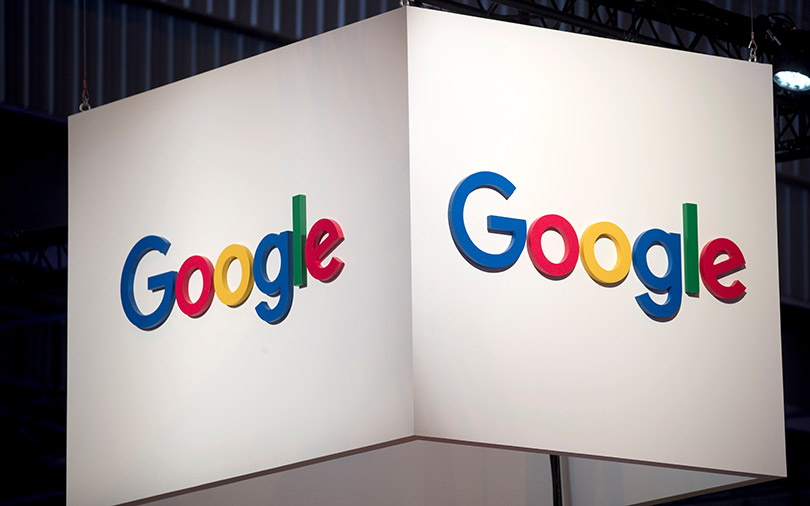
Google says you're clicking too much to notice this headline


Search engine giant Google has released a research paper that says digital devices and apps that keep us clicking are contributing towards an attention crisis or diminished attention ability.
The report also calls on the tech industry to re-evaluate the definition of success as capturing people's attention. This, it says, is not really the best way to measure whether people are satisfied with a product or not.
The research project, which was started last year by Google researchers Julie Aranda and Safia Baig, focused on a small group of smartphone users and kept tabs on how they used their phone throughout a normal day. The study also analysed data from 112 interviews of previous research to evaluate how people felt about their phone use.

The two researchers presented the paper at a mobile conference on Tuesday in Barcelona.
To ease the attention crisis, Google chief executive Sundar Pichai told developers in May that the company is exploring various means to give Android users a way to experience the ‘joy of missing out’ and to fight against the feeling that we're all too tied to our phones.
Google has been taking various steps since 2015 towards monitoring how people can spend less time on their cell phones. A research showed notifications on mobile devices were quite distracting and, hence, Google came up with features like bundling notifications and making it easier to reply to a message without opening the app.

This time, Google has used the results of the study to design its Digital Wellbeing tools, which are a part of the company's newest Android operating system and are designed to help people curb their smartphone use.
The study takes aim at the basic way tech companies like Google have evaluated engagement as the best way to measure success.
"We feel that the technology industry's focus on engagement metrics is core to this attention crisis that users are facing… It's important to consider alternative metrics to indicate success, relating to user satisfaction and quality of time spent,” the two researchers wrote in the paper.

